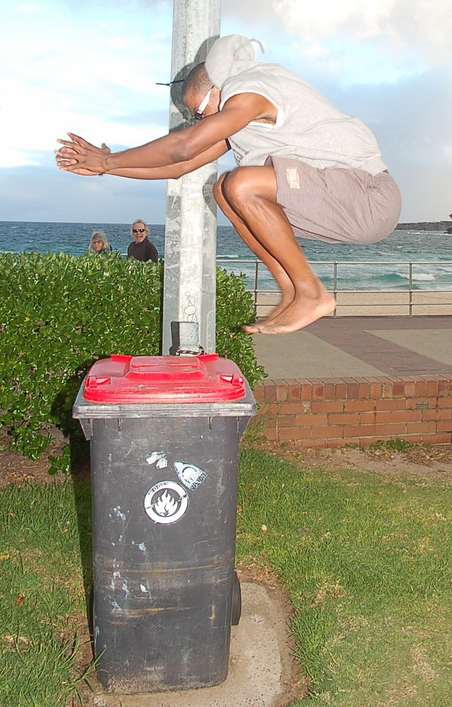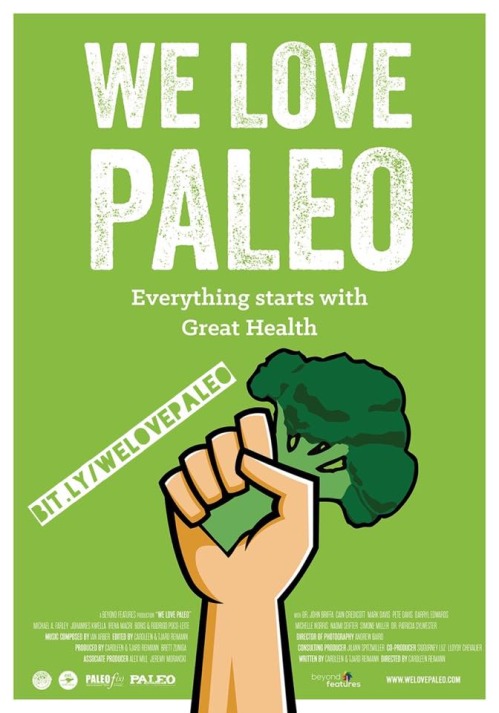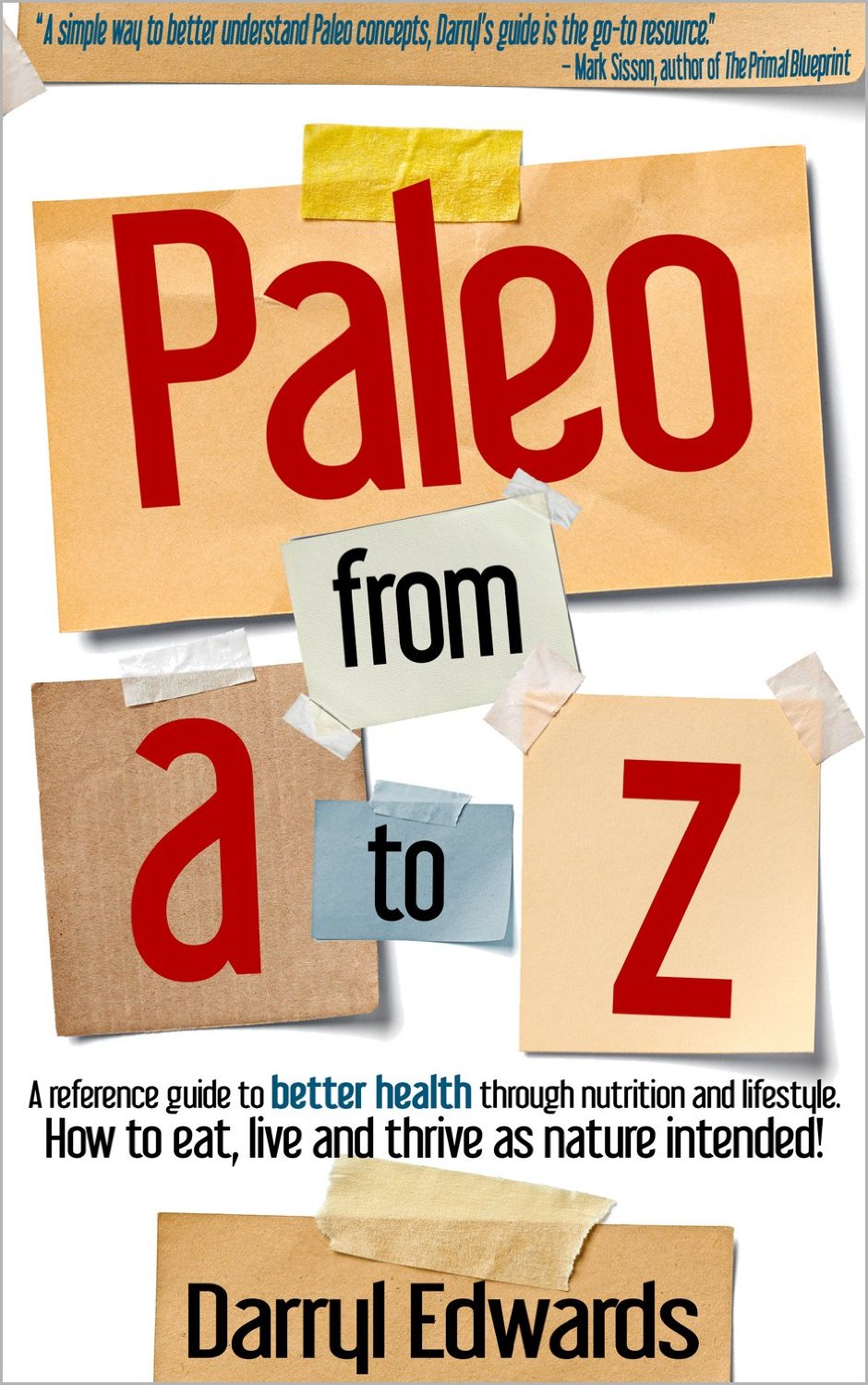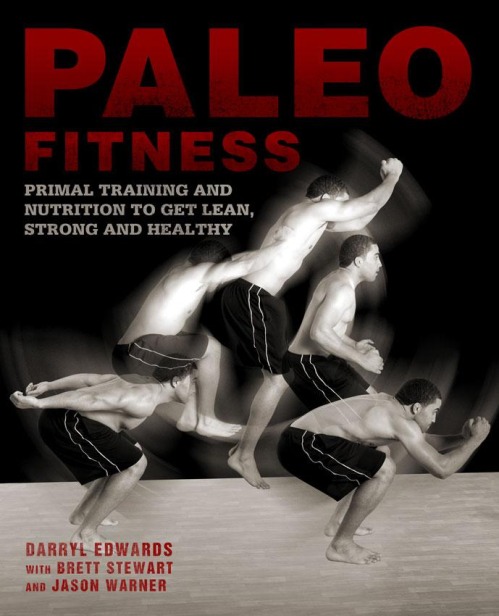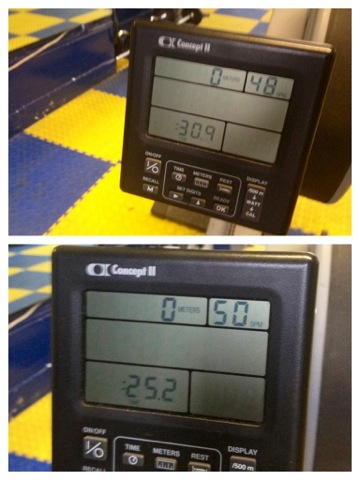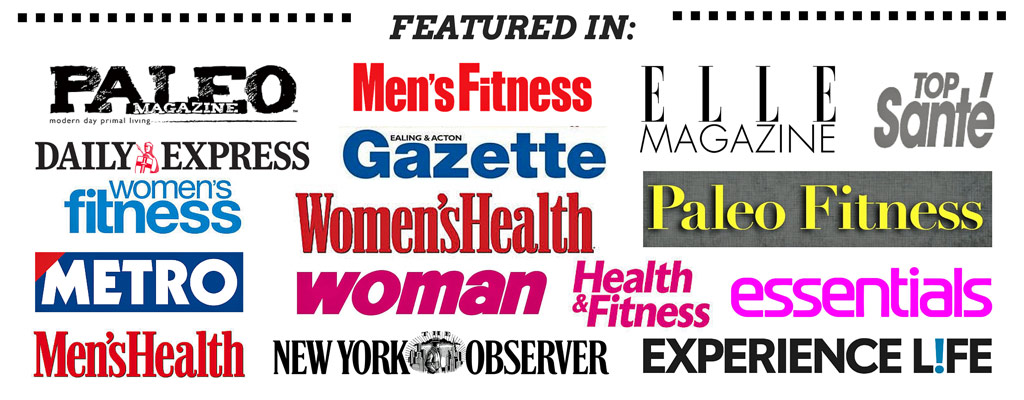This is the third in a series of guest posts by Susan Alexander.
Quick recap: The first and second posts were about Mindset and Motion, which are the first two principles of the model I created to empower any change you want to make in your life - whether it's exploring fitness, learning to eat sensibly, remaking yourself in some way, or any other change.

This post is about Mastery, the model's third principle. Mastery is a feeling - a super powerful one that happens by itself when you're doing something difficult. Once you learn to recognize Mastery, you can use it to amp up the learning process we looked at in the last post.
Mastery - what it is
Mastery, for our purposes, is that feeling we've all had at some point, the one we get when we’ve been trying over and over to do something new, and we finally do a small part of it - not perfectly or completely - but just enough to make us think, "I can do this" or "I'm on the right track."
This feeling plays a bigger role in learning and change than you might think. Here's an example. Suppose evolutionary fitness is new to you and you're trying to learn it. When you start, it feels different from what you're used to (like drifting from machine to machine in a big-box gym). You try the elemental moves and none of them feels right. Until one does. You haven't nailed it, but you do it well enough to think, "Wow - maybe I can do this stuff after all." That's Mastery. Then you keep working on that move, and another and another, and gradually, they start to feel right - just enough to make you feel more and more mastery. Eventually, entire WODs start to feel right, and eventually, evolutionary fitness becomes your way of working out.
Mastery is what fuels this process. It's what makes you willing to grit it out.
Mastery - how it works
Hmmm, you might be thinking. Mastery from small triumphs - why is this so important? Because it's hugely powerful, that's why. Decades of research bear this out. Mastery is the very thing that sustains change and learning. It's what keeps us in the game - by revealing the potential of our efforts and making us feel good about what we're doing. Once we feel mastery, even a little bit, we want to feel it again. It's the memory of mastery that makes us want to continue what we've started and keep improving along the way. It's a naturally occurring reward that happens for a reason (that's free and non-caloric). Learn to make use of it.
Mastery - how to get it
In order to feel Mastery, you have to be doing something that’s difficult for you, something you can achieve only if you stretch yourself. So once you feel mastery on one level, you have to raise the bar in what you're doing in order to feel it again. It’s this continuous, upward spiral that leads you from where you are to where you want to be.
 There is a huge upside to feeling mastery as an intrinsic reward and allowing it to fuel your efforts: it makes change easier. If you discount it, or think you've just gotten lucky when something goes well, you'll undermine your own efforts. Be nice to yourself in the change process. Let yourself feel Mastery. Be in charge. Fix mistakes when they happen and keep iterating. You'll create your own supply of intrinsic reward that way.
There is a huge upside to feeling mastery as an intrinsic reward and allowing it to fuel your efforts: it makes change easier. If you discount it, or think you've just gotten lucky when something goes well, you'll undermine your own efforts. Be nice to yourself in the change process. Let yourself feel Mastery. Be in charge. Fix mistakes when they happen and keep iterating. You'll create your own supply of intrinsic reward that way.
The takeaway
Mastery is the source of the very things we often tell ourselves we don't have: motivation and perseverance. The best part is what few people know: Because of mastery, you don't have to wait to feel motivated before you get started with learning and change. Motivation can come naturally, later on in the process. Whether your change relates to health, nutrition, work, or some other aspect of your life, once you start, you'll get better at it with practice. You'll start liking the process and the feeling it brings, so you'll want to keep going. And when you want to keep going, you do keep going.
What's next?
So far, we've covered the first three principles of the model I've created for change: Mindset, Motion, and Mastery. In the next post, we'll cover the fourth (and last) principle: Measurement. OVER TO YOU: Think back to something you've tried to learn. Do you remember feeling Mastery? Is there a change you're contemplating that you could try to fuel with Mastery? Let's talk in the comments. See you there.
Susan Alexander blogs at gooddisruptivechange.com 
You can follow her on Twitter at @SusanRPM4.
NOTES & FURTHER READING
Mihalyi Csikszentmihalyi:
Flow at 3-4, 16, 19
The Evolving Self at xviii, 17, 189
Beyond Boredom and Anxiety at 22-23
Edward M. Hallowell, M.D.,
The Childhood Roots of Adult Happiness at 134-45.
 Wednesday, March 7, 2012 at 1:17 | by
Wednesday, March 7, 2012 at 1:17 | by  Darryl Edwards
Darryl Edwards 
